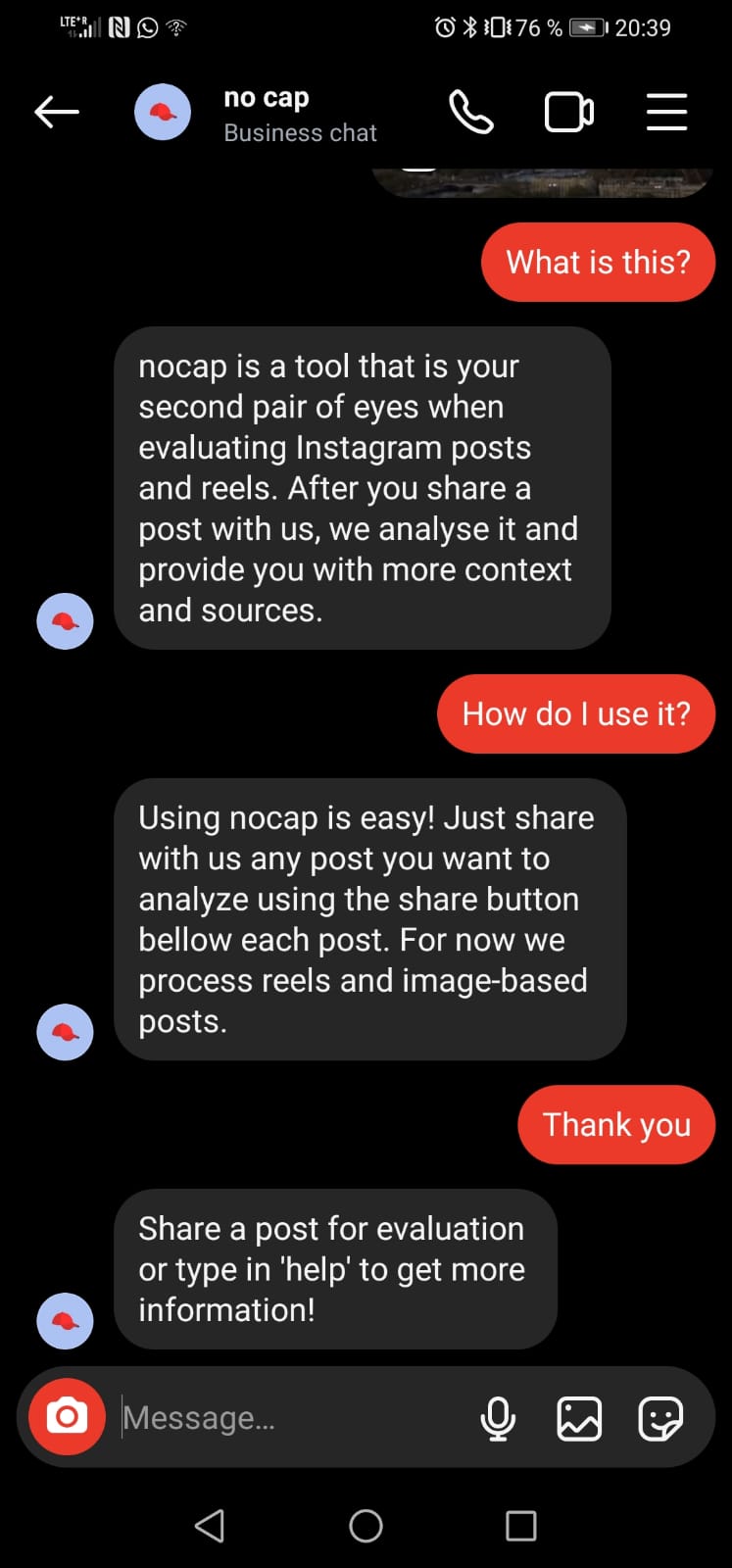The Challenge
We are trying to tackle one of the most pressing global issues: Fake News and Misinformation
This is an issue with historical significance as it has been persistent throughout the years.
70%
more likely for fake political news to be shared than real news on social media. (Vosoughi et al., 2017)
67%
of people worldwide are unsure if the news they see is real or not. (Majid, 2022)
800
Recorded deaths due to misinformation about COVID-19. (Hall, 2020)
What is Fake News Misinformation Disinformation Propaganda ?
False, often sensational, information disseminated under the guise of news reporting
The inadvertent spread of false information without intent to harm.
False information designed to mislead others and deliberately spread with the intent to confuse fact and fiction.
The systematic dissemination of information, esp. in a biased or misleading way, in order to promote a particular cause or point of view, often a political agenda.
